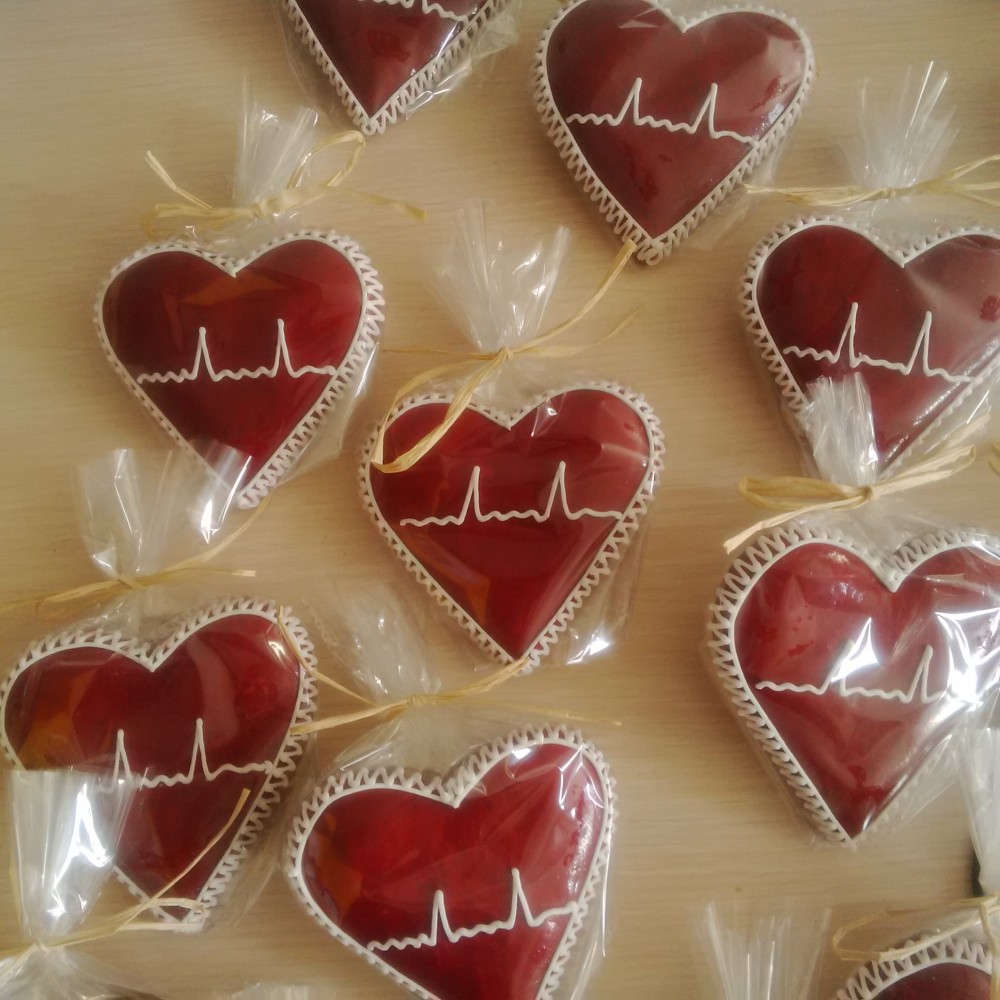
Nov 25, 2016
Published on medicalnewstoday.com
Stroke rates continue to decline in people 55 and older, while more than doubling in those between 35 and 39, according to new research in Journal of the American Heart Association, the Open Access Journal of the American Heart Association/American Stroke Association.
“People, especially those under 50, need to realize that stroke does not just occur in the old, and the outcome can be much more debilitating than a heart attack – leaving you living for another 30 to 50 years with a physical disability,” said Joel N. Swerdel, M.S., M.P.H., lead study author and a Ph.D. candidate at the Rutgers University School of Public Health in New Brunswick, New Jersey. (more…)

Nov 23, 2016
Published on www.medicalnewstoday.com
People with pacemakers or defibrillators who experience only short episodes of an abnormal heart rhythm known as atrial fibrillation have a very low risk of stroke, suggesting that anticoagulants in this group of patients were not likely to reduce the risk for stroke, according to new research in the American Heart Association’s journal Circulation. (more…)

Nov 20, 2016
High blood pressure in middle age can lead to impaired cognition and is a potential risk factor for Alzheimer’s disease, according to a statement from the American Heart Association co-authored by Loyola Medicine neurologist José Biller, MD.
Dr. Biller is a member of the multidisciplinary panel of experts that wrote the statement, published in the heart association journal Hypertension. Dr. Biller is chair of the department of neurology of Loyola University Chicago Stritch School of Medicine. The panel is chaired by Constantino Iadecola, MD, of Weill Cornell Medicine and co-chaired by Kristine Yaffe, MD, of the University of California San Francisco. (more…)

Nov 17, 2016
A popular group of antacids known as proton pump inhibitors, or PPIs, used to reduce stomach acid and treat heartburn may increase the risk of ischemic stroke, according to preliminary research presented at the American Heart Association’s Scientific Sessions 2016.
“PPIs have been associated with unhealthy vascular function, including heart attacks, kidney disease and dementia,” said Thomas Sehested, M.D., study lead author and a researcher at the Danish Heart Foundation in Copenhagen, Denmark. “We wanted to see if PPIs also posed a risk for ischemic stroke, especially given their increasing use in the general population.” (more…)

Nov 17, 2016
Berlin – An overactive thyroid increases the risk of stroke or cardiac arrest. Dementia is also possible. According to current studies, people with slightly elevated hormone levels are already at risk. The Professional Association of German nuclear medicine (BDN) advises people with a thyroid enlargement therefore a hormone check.
The risks of a thyroid gland over-function for heart and circulation are known, says the BDN chairman Detlef Moka. He therefore urges all concerned to receive treatment. When exactly an overfunction of the thyroid is present is, however, under expert controversy. (more…)









